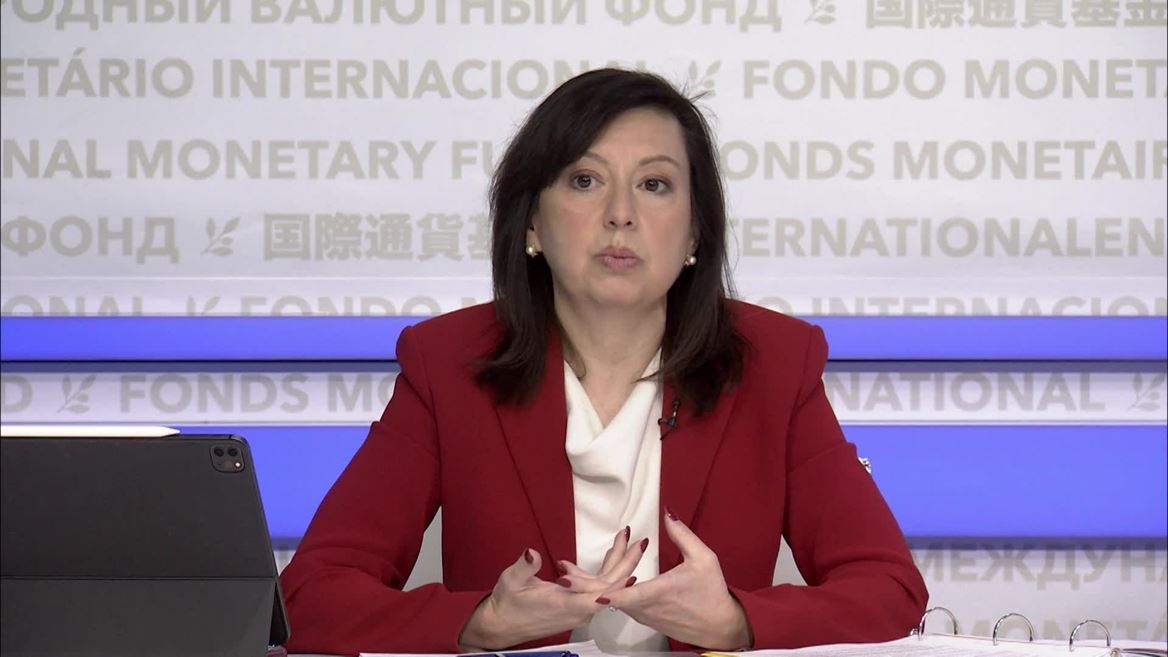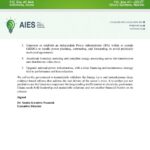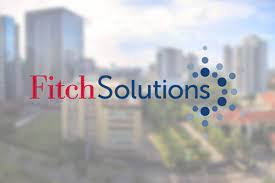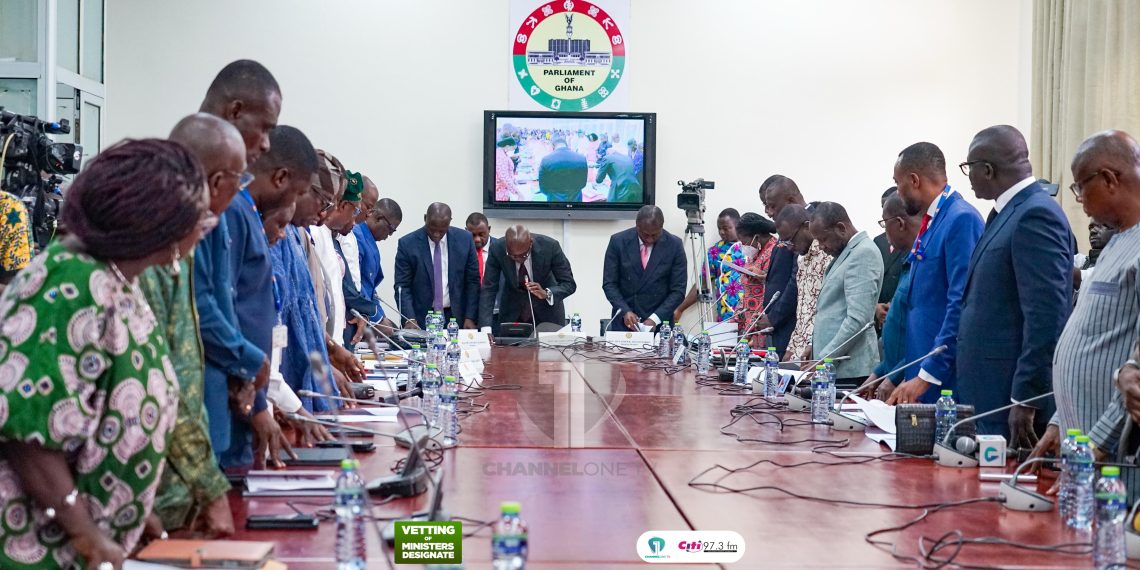Story By: Akua Oteng Amponsah
The International Monetary Fund (IMF) has given its backing to Ghana’s Energy Sector Shortfall and Debt Repayment Levy, describing it as a strategic measure aligned with the country’s fiscal goals under the Extended Credit Facility (ECF) programme.
The levy, which imposes a GH¢1 charge per litre on petroleum products, aims to address long-standing debt and financial shortfalls in the energy sector.
According to Julie Kozack, Director of the IMF’s Communications Department, the revenue measure will play a crucial role in helping Ghana tackle structural issues in the sector while supporting broader fiscal reforms.
“The fuel levy is a new measure that will help generate additional resources to tackle the challenges in Ghana’s energy sector, and it is also going to bolster Ghana’s ability to deliver on the fiscal objectives under the programme,” Ms Kozack said at a press briefing.
However, not everyone is supportive of the levy. The Minority in Parliament has expressed concerns that it will add to the cost burden on already struggling consumers.
In contrast, the government maintains that the impact on consumers will be marginal, citing current fuel prices at the pump, which remain lower than in previous high-inflation periods.
Following an agreement between the government and the Chamber of Oil Marketing Companies, the implementation date of the levy has been pushed back from June 9 to June 16, 2025.
Energy sector stakeholders, including the Chamber of Petroleum Consumers, are urging the government to use the extension period to engage with affected parties and improve transparency around the levy’s use.
















